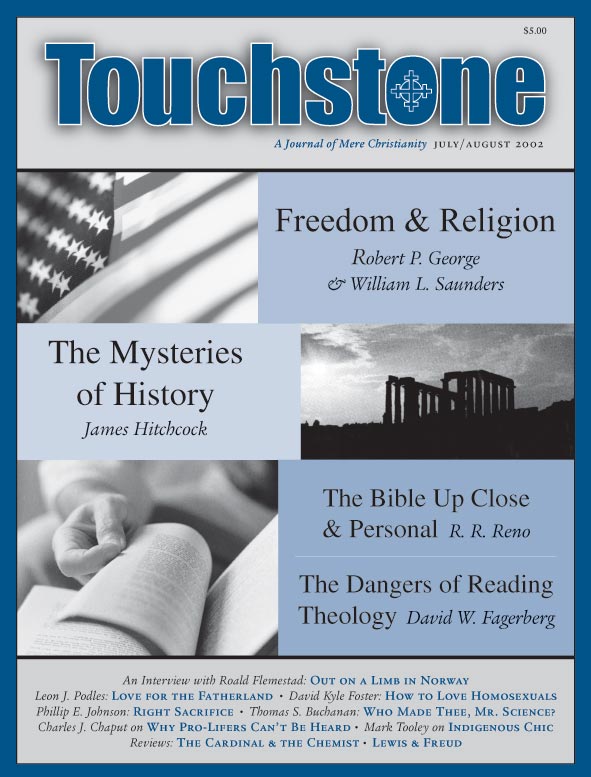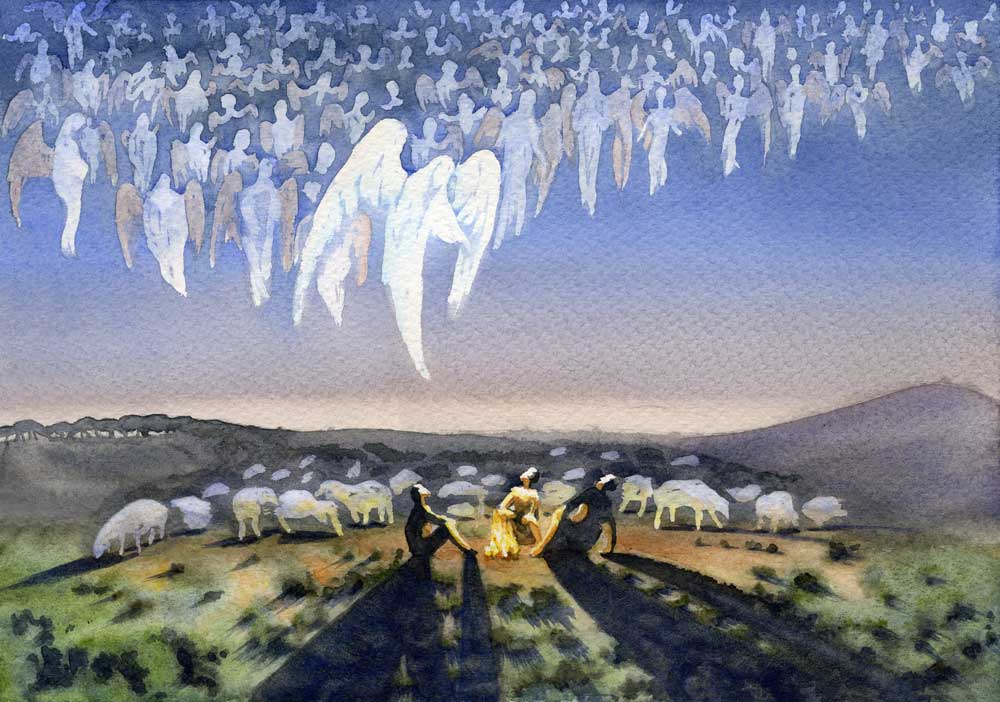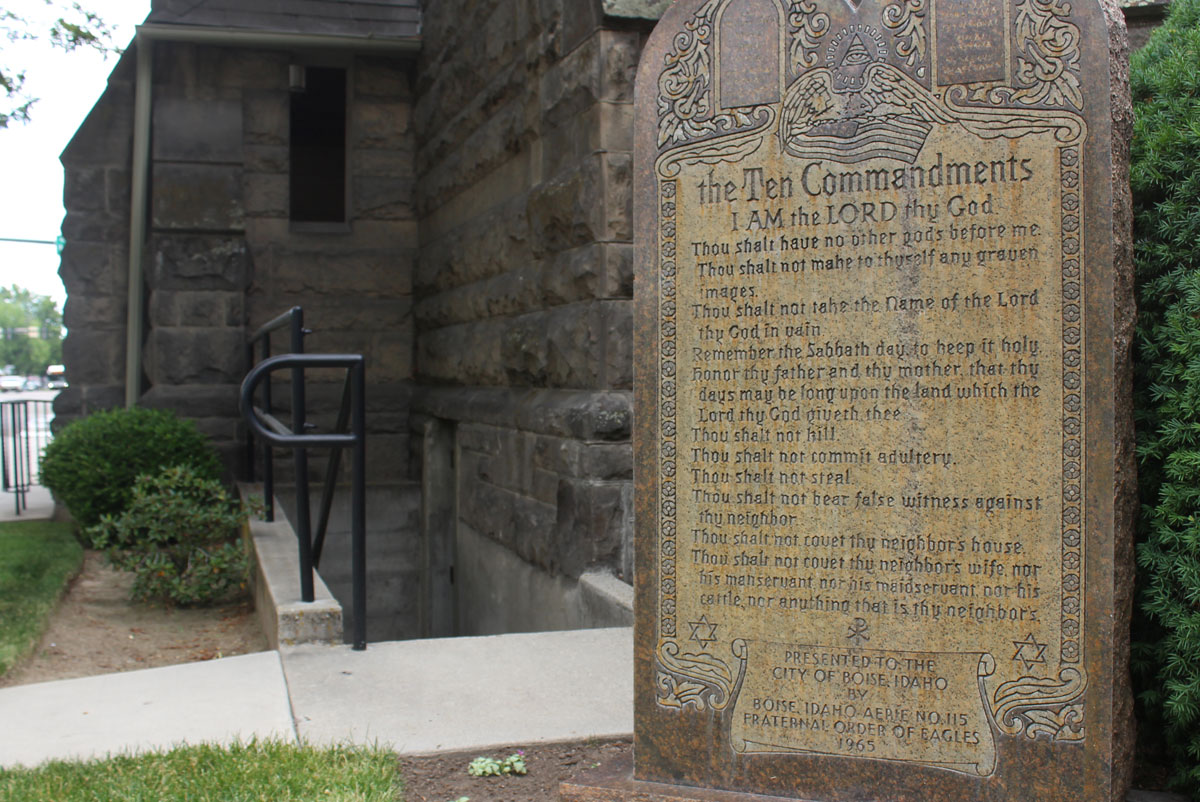Population & Religious Freedom
Many sincere people instinctively support the United Nations, for obvious reasons. The UN exists for the sake of peace, and its idealism should be endorsed, however much it fails of its goal. But increasingly, the reality is not merely that the UN fails, but that it threatens liberties that Westerners take for granted, especially freedom of religion. (People who wish to follow these alarming developments can do so through the vigilance of a group called Catholic Family and Human Rights Institute [C-Fam]).
The demand for “population control” naturally has a lot to do with this. But interestingly, some UN agencies now admit that their previous population estimates were far off the mark and that the threat of “over-population” was exaggerated. In some countries, the birth rate is now below replacement level.
But even if some in the UN now admit this, “reproductive rights” continue to remain large on the UN agenda, because in many ways that agenda is held hostage to the demands of radical feminism, people for whom access to abortion is the most fundamental of all human rights. They push this agenda at every opportunity and have succeeded in getting the UN to recognize this “right” on several occasions.
The UN Fund for Population Activities argues that existing UN statements on rights, even if they do not mention abortion, “if very broadly interpreted and skillfully argued—can be very useful in efforts to expand access to safe abortions,” and it has endorsed the Chinese population-control policy, which includes forced abortions.
Catholics for a Free Choice (CFFC), a propaganda front with no members, has long been officially allowed to lobby UN delegations on various matters. Recently, CFFC posted ads accusing the Catholic Church of “killing people” by its opposition to distributing condoms, and it lodged a formal complaint urging the UN to censure the Holy See for its policies. The UN Secretary-General, Kofi Annan, accepted and officially circulated CFFC’s statement. In 1999, CFFC demanded that the Vatican no longer be recognized as a country for UN purposes, because the Holy See refuses to fall into line over “population control.”
In a related matter, the European Parliament, which has been taking over more and more of the authority of national governments, has passed a resolution condemning “fundamentalist” religions as a danger to the peace of the world. The condemnation paints with a broad brush, scarcely bothering to define its terms and making no effort to ensure that it will not inhibit religious freedom. The Catholic Church is implicitly condemned because the criteria includes all groups that “fail to give full equality to women,” a stricture obviously aimed at those that do not ordain women to the ranks of the clergy.
Richard Wilkins, a former official of the American government, warns that the new International Criminal Court (ICC) could be used to bring criminal charges against religious leaders who are insufficiently “progressive” about abortion or sexual behavior, because the ICC defines “crime” in ways that can mean almost anything.
Behind specific issues lie certain proposals, endorsed by one or more UN agencies or officials, to pressure all religions to abandon their distinctive beliefs and become part of a great religious synthesis. In the process, Christians would have to cease claiming that there is only one God and that Jesus is the only savior of the human race. The kinds of people who push these agendas have shown almost no interest in the violations of religious liberty now occurring throughout the world.
Pro-lifers who wonder if they did the right thing in voting for President Bush can take comfort in the fact that the American delegation to the UN is firmly opposed to these maneuvers, even though it often finds itself isolated. Under the current American government, the United States stands out as the leading opponent in the world of officially mandated abortion.
If it seems alarmist to warn that religious liberty could be severely curtailed by international agencies, it should not be forgotten that ten years ago the ideas recorded here were scarcely visible in the public forum but now they are espoused by official agencies. If the history of the past forty years has taught anything, it is the remarkable speed with which the unthinkable not only becomes thinkable but is soon treated as undeniable.
James Hitchcock is Professor emeritus of History at St. Louis University in St. Louis. He and his late wife Helen have four daughters. His most recent book is the two-volume work, The Supreme Court and Religion in American Life (Princeton University Press, 2004). He is a senior editor of Touchstone.
bulk subscriptions
Order Touchstone subscriptions in bulk and save $10 per sub! Each subscription includes 6 issues of Touchstone plus full online access to touchstonemag.com—including archives, videos, and pdf downloads of recent issues for only $29.95 each! Great for churches or study groups.
Transactions will be processed on a secure server.
more from the online archives
calling all readers
Please Donate
"There are magazines worth reading but few worth saving . . . Touchstone is just such a magazine."
—Alice von Hildebrand
"Here we do not concede one square millimeter of territory to falsehood, folly, contemporary sentimentality, or fashion. We speak the truth, and let God be our judge. . . . Touchstone is the one committedly Christian conservative journal."
—Anthony Esolen, Touchstone senior editor











